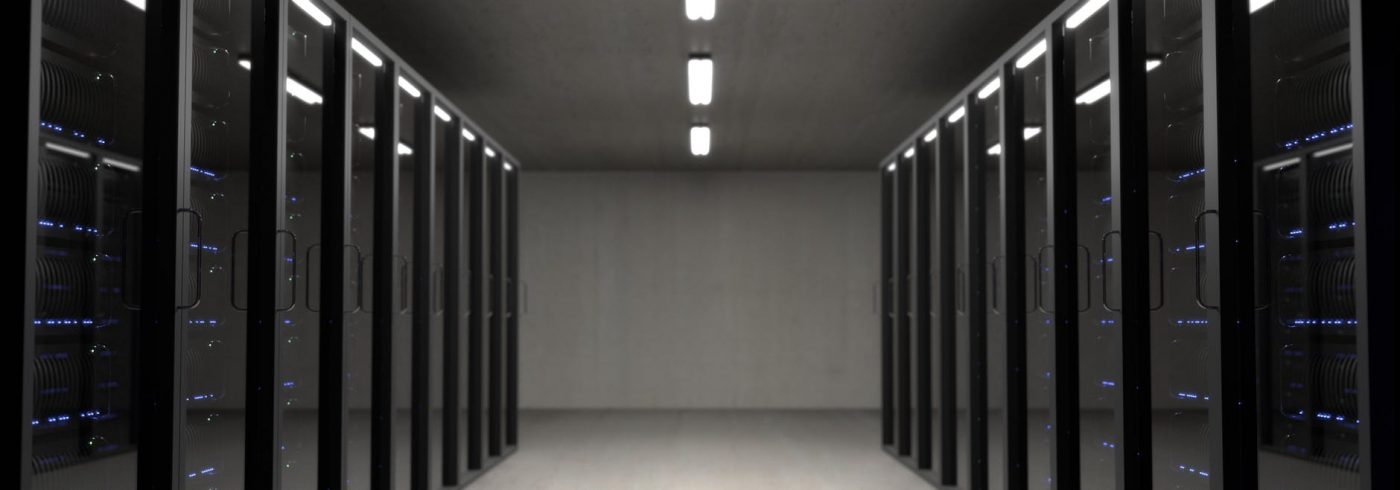Sommario
- 1 Once upon a time there was “external memory”
- 2 Internal storage devices: HD and SSD
- 3 External storage: memory cards and USB devices
- 4 What is a NAS
- 5 Smart storage: the advantages of NAS devices
- 6 Which NAS – network-attached storage – to choose?
- 7 Who is Synology?
- 8 Why choose Fastbrain
- 9 Contact us for a free consultation
Hard Disk, USB, NAS: we find out how data storage systems and modes have evolved, gaining in security, speed, flexibility and compactness of devices.
Once upon a time there was “external memory”
Originally, data storage was done through the use of physical devices directly connected to a particular unit, i.e., a fixed or portable PC.
Alternatively, it was possible to add external storage to the computer, consisting of a special storage device characterized by a specific connection interface.
As a result of the spread of information technology, the ways in which digitized data are managed and stored have become increasingly sophisticated to effectively meet practical and functional needs of increasing complexity.
Internal storage devices: HD and SSD
Among the most popular and widely used resources for data storage were hard disk drives (HD or HDD) and solid-state drives (SSD). The former are mass storage devices found inside the PC and, until a few years ago, were the most common solution for implementing single-drive data storage. Recently, however, SSDs have become very popular, which, although more expensive, provide better performance.
Learn about Virtual NAS and how it is implemented
External storage: memory cards and USB devices
External devices can also be used to increase the available ‘space’ allocated for data storage. There used to be floppy disks and CD-Roms; then came memory cards and USB devices, which gradually became more compact.
Both use a standard interface, also found on newer generation PCs. The former, however, are now little used while the latter are quite common, not only because of their compact size but also because of the possibility of a ‘safe removal‘ procedure common to any device with a USB interface.
Conversely, this solution is not immune to problems such as data loss or damage, and data recovery procedures are often quite complex. In addition, the USB devices can be used by only one user at a time and are especially suitable for private or home use. Reason being, more flexible and secure solutions have been developed, namely NAS.
Integrate your devices with NAS for data and content recovery
What is a NAS
NAS stands for
Network-attached storage
, meaning it refers to a “network-attached storage” device. This term, in fact, refers to a device for smart data storage by connecting to a home or business network.
Today, NAS does what was once the preserve of an external drive and integrated into the PC can be useful for :
- Sharing files;
- Synchronizing files;
- Back up the data;
- Protecting data.
A NAS enables not only storage, but also the management and sharing of data in any format in a ‘smart’ and flexible manner, as well as in total security, making it accessible from different devices, both fixed and mobile.
From this, it is easy to see how NAS devices represent much more than just a back up resource, especially for professional users who have specific technical needs for managing and storing a large data stream.
Smart storage: the advantages of NAS devices
Compared with other solutions, NAS devices offer several advantages in any context of use:
- They allow large volumes of data of any kind to be stored;
- They offer the ability to back up from any fixed or mobile device;
- They allow sharing and synchronization of stored data between different platforms and devices;
- They enable data protection, thanks to special encryption that prevents access by unauthorized users.
Which NAS – network-attached storage – to choose?
In order to fully enjoy the benefits described above, so as to optimize the management of data storage processes by making them ‘smarter’, it is necessary to equip oneself with state-of-the-art devices.
As such, Sinology DiskStations are the optimal option for any storage need, whether in the home or professional environment.
The Synology DiskStation DS720+ model, in particular, thanks to its dual SSD slots offers ample storage capacity that can be further increased by adding up to five Synology DX517 drives so as to optimize the performance of the operating system or connected devices.
The DS120j model represents “the ideal first NAS for everyone.” The DS120j is a centralized storage solution that allows photos and videos to be shared with all home devices, such as computers and cell phones.

Who is Synology?
Synology strongly believes that data is at the heart of industrial transformation. Present in every industry and with 6 million installations, their mission is to manage and protect data worldwide whenever flash-to-disk access is needed, in different architectures and at the scale needed for the exponential growth of digital data.
Fastbrain Engineering Srl is an Official Synology Silver Partner, and we are therefore authorized to distribute Synology products nationwide, as well as offer customized consultations to direct Customers to the best solution that meets their needs in data storage.
Why choose Fastbrain
Fastbrain Engineering S.r.l. Certified Partner of leading technology players, including Brother, Lenovo, Synology, offers customized purchasing solutions tailored to the needs of professionals. It offers, in addition, pre- and post-sales support, including operational rental.
We are a central player in ICT wholesale distribution and one of the leading players throughout the country in the IT and technology product distribution market. A key feature and competitive advantage is the selection of top brands and leading products in the most popular product categories.
Info:
info@fastbrain.it
| Tel 011.0376.054


